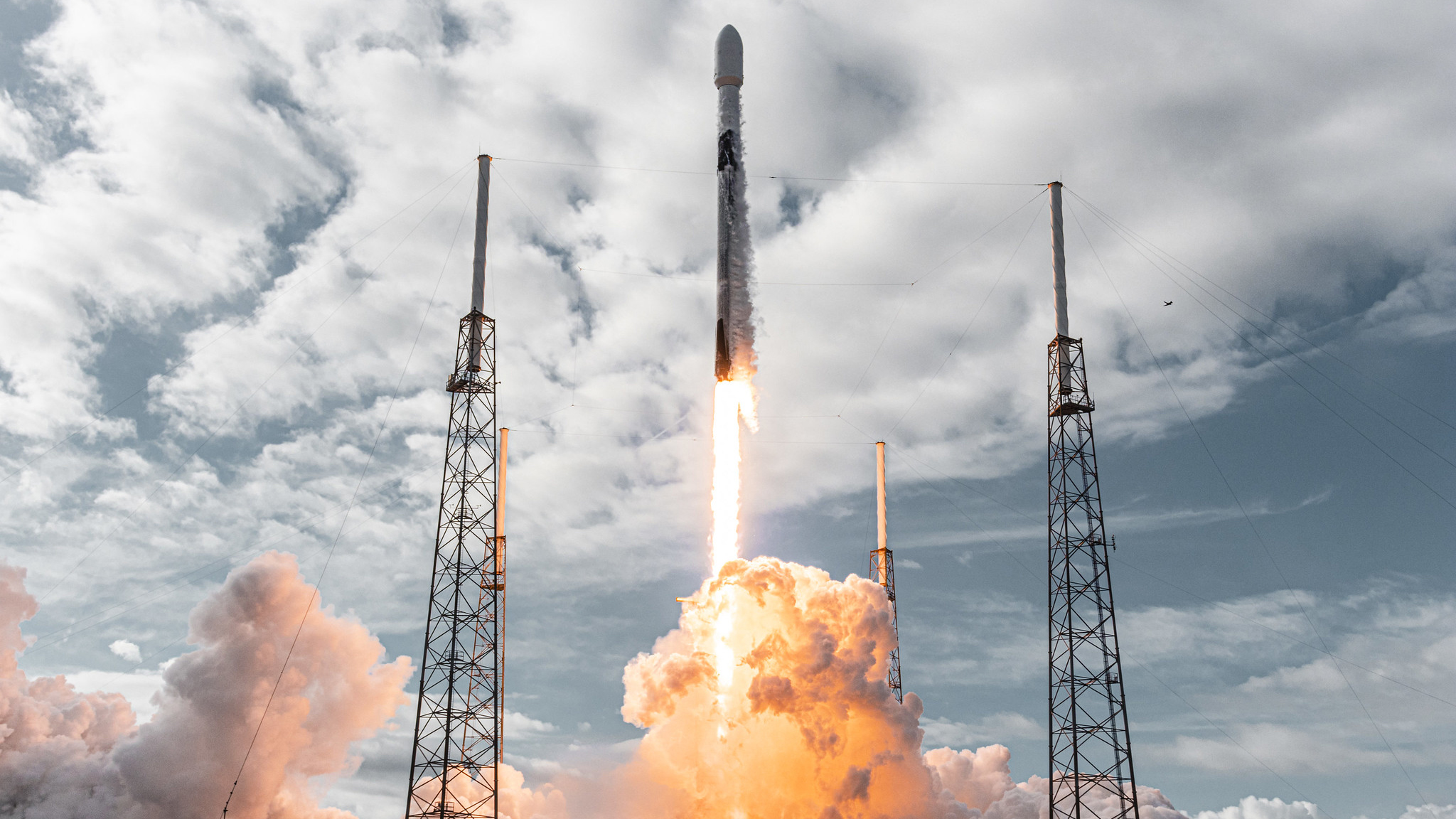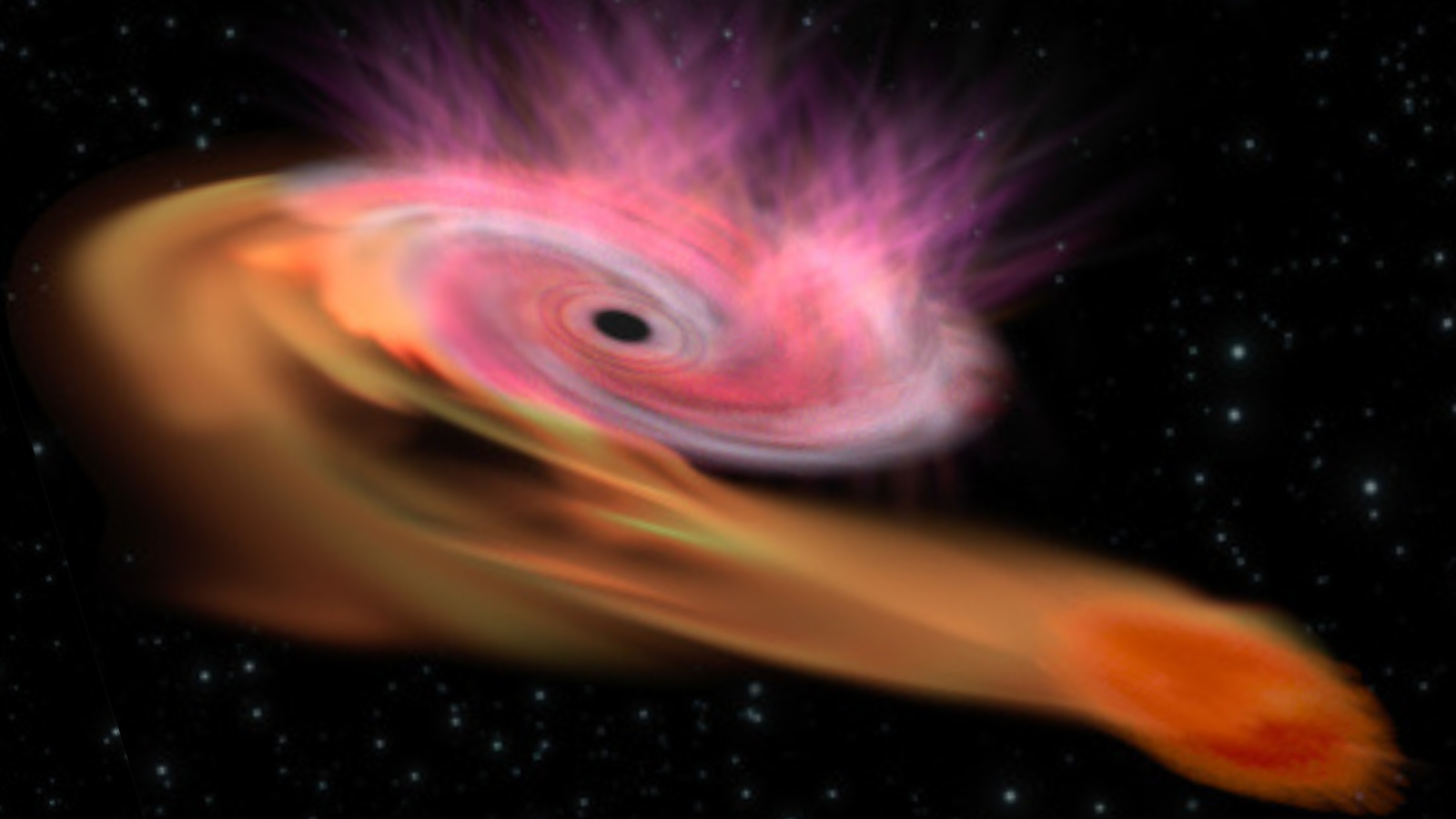SpaceX raises launch and Starlink prices, citing inflation

Breaking space news, the latest updates on rocket launches, skywatching events and more!
You are now subscribed
Your newsletter sign-up was successful
Want to add more newsletters?

Delivered daily
Daily Newsletter
Breaking space news, the latest updates on rocket launches, skywatching events and more!

Once a month
Watch This Space
Sign up to our monthly entertainment newsletter to keep up with all our coverage of the latest sci-fi and space movies, tv shows, games and books.

Once a week
Night Sky This Week
Discover this week's must-see night sky events, moon phases, and stunning astrophotos. Sign up for our skywatching newsletter and explore the universe with us!

Twice a month
Strange New Words
Space.com's Sci-Fi Reader's Club. Read a sci-fi short story every month and join a virtual community of fellow science fiction fans!
Inflation is hitting the off-Earth economy, too.
SpaceX just raised prices for its launch and Starlink internet services, citing the inflationary pinch that the rest of us are feeling as well.
For example, the price of a launch of SpaceX's workhorse Falcon 9 rocket has gone up from $62 million to $67 million and it now costs $97 million, rather than the previous $90 million, to book a flight of the company's huge Falcon Heavy launcher. That's a roughly 8% boost in both cases. (SpaceX launches are still cheaper than comparable rides offered by their competitors, however, in part because SpaceX flies reusable rockets.)
Related: The evolution of SpaceX's rockets in pictures
The new numbers are available at SpaceX's recently updated "Capabilities & Services" page, which notes that pricing adjustments were made this month "to account for excessive levels of inflation."
It's also more expensive now to put a piggyback payload on a SpaceX launch (as opposed to booking the entire mission). The company is now charging $1.1 million to deliver 440 pounds (200 kilograms) of rideshare payload to sun-synchronous orbit and $2,500 for each additional pound beyond that ($5,500 for each additional kg).
The previous rideshare prices were $1 million for 200 kg and $5,000 for each additional kg, according to SpaceNews.
Breaking space news, the latest updates on rocket launches, skywatching events and more!
SpaceX blames inflation for that cost hike as well — and for the boost in prices for its Starlink satellite-internet service. The Starlink monthly service rate just went up from $99 to $110, according to SpaceNews. And Starlink terminals, which used to cost $499, now sell for $599 ($549 for customers who have already paid a deposit).
"The sole purpose of these adjustments is to keep pace with rising inflation," SpaceX wrote in a message to Starlink customers on Tuesday (March 22), according to SpaceNews.
Mike Wall is the author of "Out There" (Grand Central Publishing, 2018; illustrated by Karl Tate), a book about the search for alien life. Follow him on Twitter @michaeldwall. Follow us on Twitter @Spacedotcom or on Facebook.

Michael Wall is a Senior Space Writer with Space.com and joined the team in 2010. He primarily covers exoplanets, spaceflight and military space, but has been known to dabble in the space art beat. His book about the search for alien life, "Out There," was published on Nov. 13, 2018. Before becoming a science writer, Michael worked as a herpetologist and wildlife biologist. He has a Ph.D. in evolutionary biology from the University of Sydney, Australia, a bachelor's degree from the University of Arizona, and a graduate certificate in science writing from the University of California, Santa Cruz. To find out what his latest project is, you can follow Michael on Twitter.
